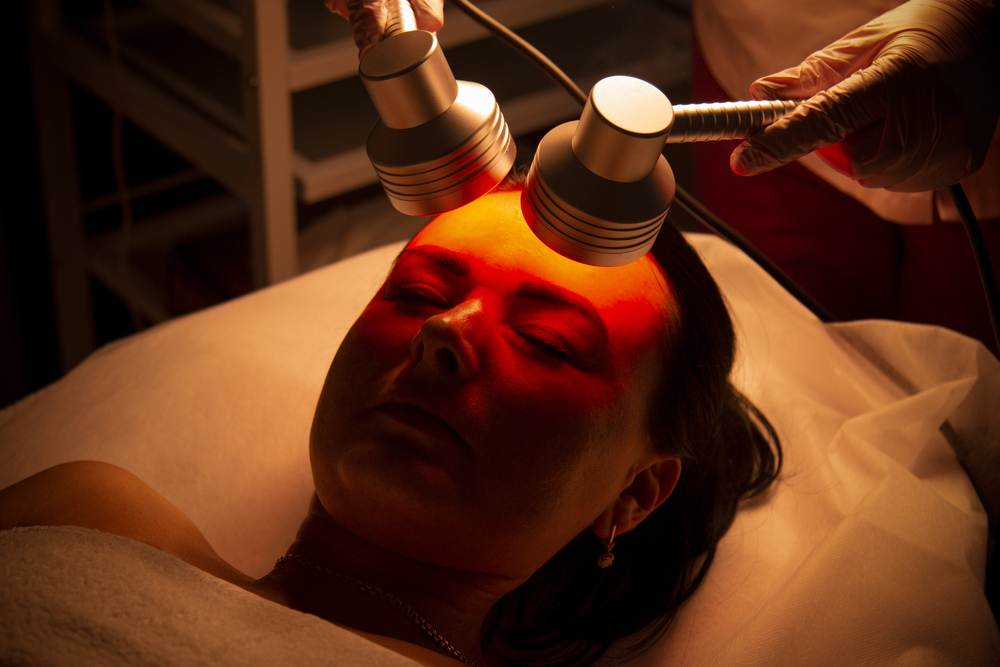How to Become a Registered Nurse with a One-Year Nursing Program
One-year nursing programs, commonly known as Accelerated Bachelor of Science in Nursing (ABSN), offer a swift and intensive path for career changers holding a non-nursing bachelor’s degree. These programs address the urgent demand for registered nurses through rigorous coursework and clinical experiences, providing a fast track into the healthcare workforce with opportunities for career and educational advancement.

The nursing profession continues to experience unprecedented growth, creating numerous opportunities for career changers and recent graduates. One-year nursing programs, formally known as Accelerated Bachelor of Science in Nursing (ABSN) programs, have emerged as a popular solution for individuals seeking to enter the nursing field quickly without compromising educational quality.
Understanding One-Year Nursing Programs
Accelerated nursing programs are intensive educational pathways designed specifically for students who already possess a bachelor’s degree in any field. These programs compress the traditional four-year nursing curriculum into 12-18 months by eliminating general education requirements that students have already completed. The accelerated format focuses exclusively on nursing-specific coursework, including anatomy, physiology, pharmacology, and clinical practice.
Most ABSN programs require a minimum GPA of 3.0 from previous undergraduate studies, along with prerequisite courses in sciences such as chemistry, biology, and statistics. Students must also complete the Test of Essential Academic Skills (TEAS) and undergo background checks before admission.
Program Structure and Requirements
One-year nursing programs follow a rigorous schedule that typically runs year-round with minimal breaks. Students attend classes five days per week and complete clinical rotations in various healthcare settings, including hospitals, long-term care facilities, and community health centers.
The curriculum covers essential nursing concepts such as patient assessment, medication administration, care planning, and evidence-based practice. Clinical hours usually total 750-1000 hours, providing hands-on experience in medical-surgical units, pediatrics, obstetrics, mental health, and critical care settings.
Admission requirements vary by institution but commonly include a bachelor’s degree with a competitive GPA, completion of prerequisite courses, letters of recommendation, a personal statement, and sometimes an interview. Some programs also require healthcare experience or volunteer work.
Benefits of ABSN Programs
Accelerated nursing programs offer several advantages for career changers and motivated students. The primary benefit is time efficiency, allowing graduates to enter the workforce quickly and begin earning a nursing salary sooner than traditional program graduates.
These programs attract mature, focused students who bring diverse educational backgrounds and life experiences to the nursing profession. This diversity enriches classroom discussions and clinical experiences, creating a dynamic learning environment.
Employers often value ABSN graduates for their strong academic performance, maturity, and commitment to the profession. Many graduates report feeling well-prepared for the NCLEX-RN exam and entry-level nursing positions upon program completion.
Challenges and Considerations
While one-year nursing programs offer rapid career transition, they present significant challenges that prospective students must carefully consider. The accelerated pace requires exceptional time management skills and the ability to absorb large amounts of information quickly.
Students typically cannot maintain full-time employment during these programs due to the intensive schedule and clinical requirements. This financial consideration is crucial for individuals with existing financial obligations or family responsibilities.
The compressed timeline also means less flexibility for students who struggle with particular concepts or need additional study time. Academic support services become essential for student success in these demanding programs.
| Program Type | Duration | Estimated Total Cost | Clinical Hours |
|---|---|---|---|
| ABSN at Public Universities | 12-16 months | $25,000-$45,000 | 750-1000 hours |
| ABSN at Private Universities | 12-18 months | $50,000-$90,000 | 800-1200 hours |
| Community College Bridge Programs | 18-24 months | $15,000-$30,000 | 600-800 hours |
Prices, rates, or cost estimates mentioned in this article are based on the latest available information but may change over time. Independent research is advised before making financial decisions.
Why You Should Learn More About One-Year Nursing Programs Today
The healthcare industry’s continued expansion creates excellent job prospects for nursing graduates. One-year programs provide an efficient pathway to enter this stable, rewarding profession while addressing the critical nursing shortage affecting healthcare systems nationwide.
Prospective students should research accredited programs in their area, attend information sessions, and speak with current students or recent graduates to gain realistic expectations about program demands. Financial planning is essential, as most students require loans or savings to cover tuition and living expenses during the intensive program period.
Successful completion of an ABSN program leads to eligibility for the NCLEX-RN examination, the final step toward becoming a licensed registered nurse. Graduates can pursue various nursing specialties and often find employment opportunities in hospitals, clinics, schools, and community health organizations.
One-year nursing programs represent a significant commitment but offer a direct path to a meaningful healthcare career. With proper preparation, realistic expectations, and dedication to intensive study, these programs can successfully launch a rewarding nursing career in a relatively short timeframe.
This article is for informational purposes only and should not be considered medical advice. Please consult a qualified healthcare professional for personalized guidance and treatment.




